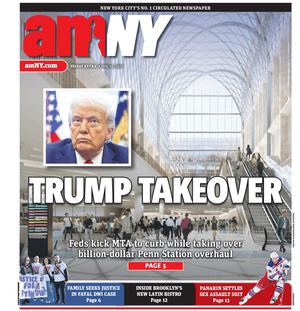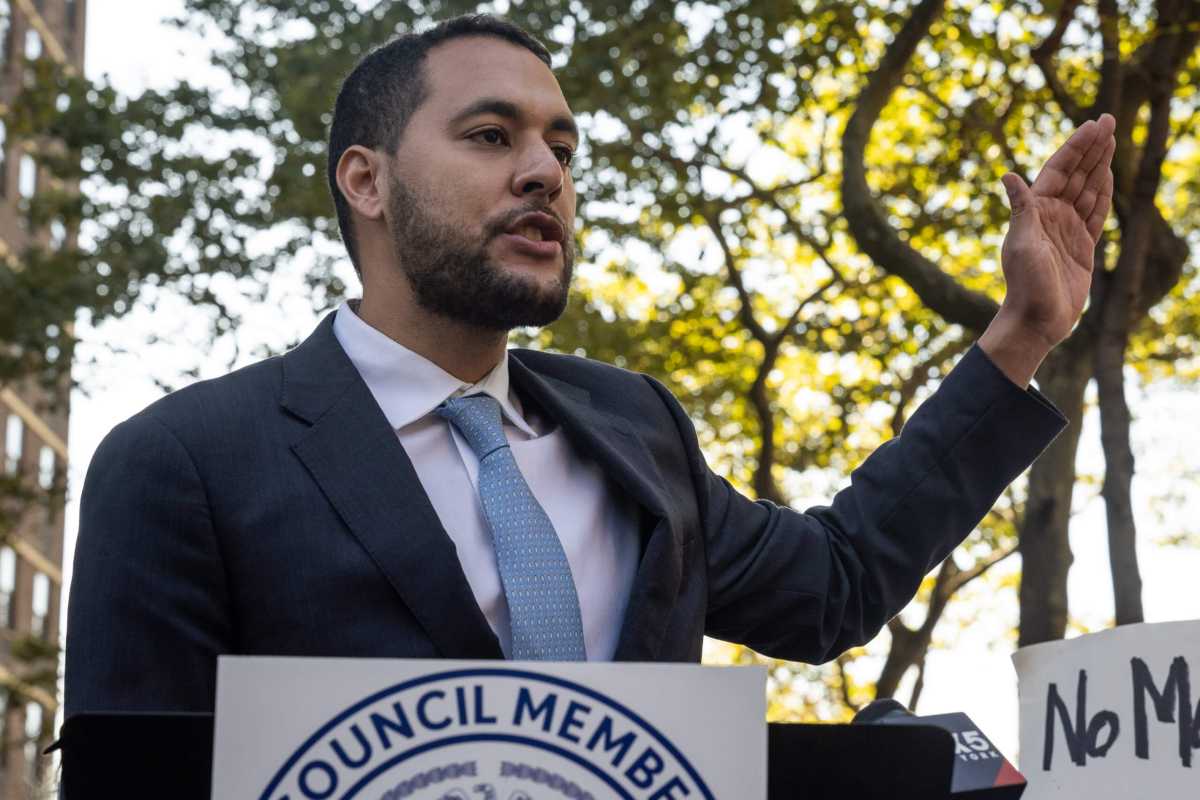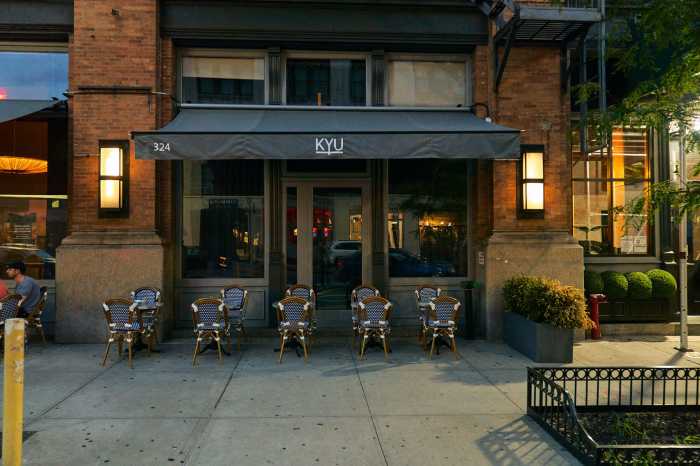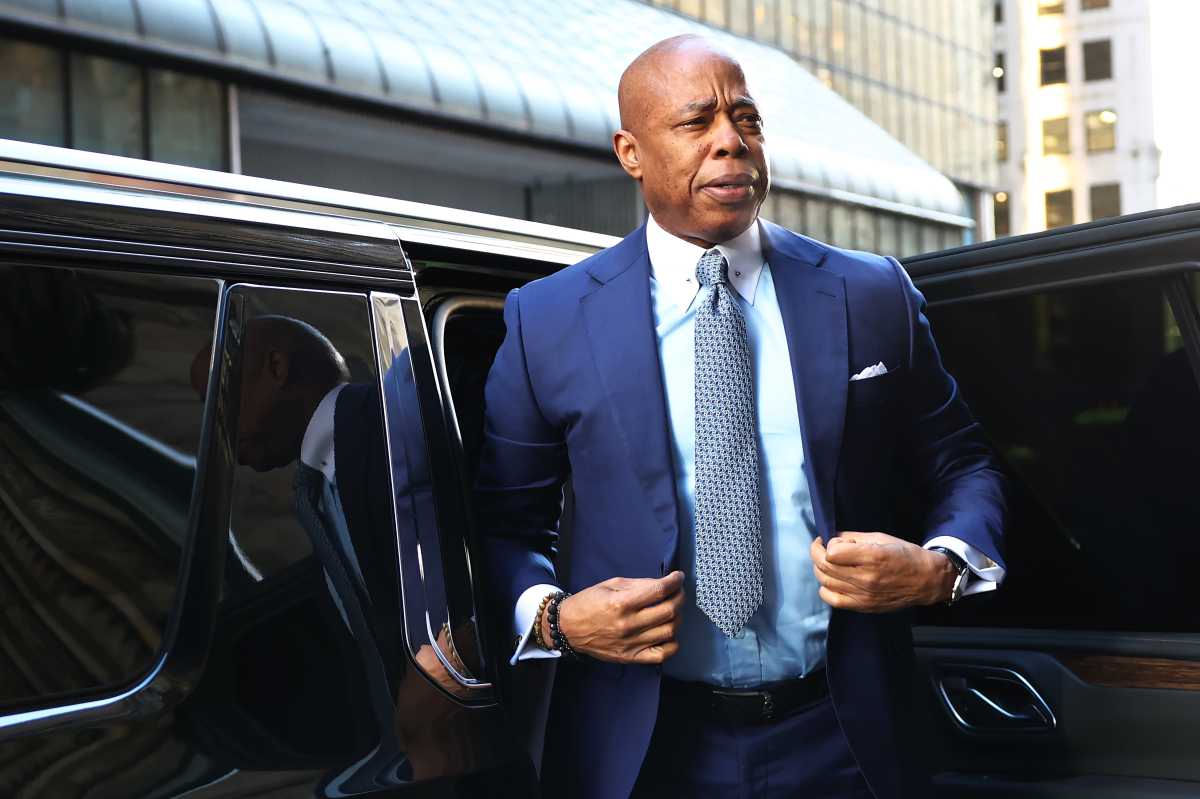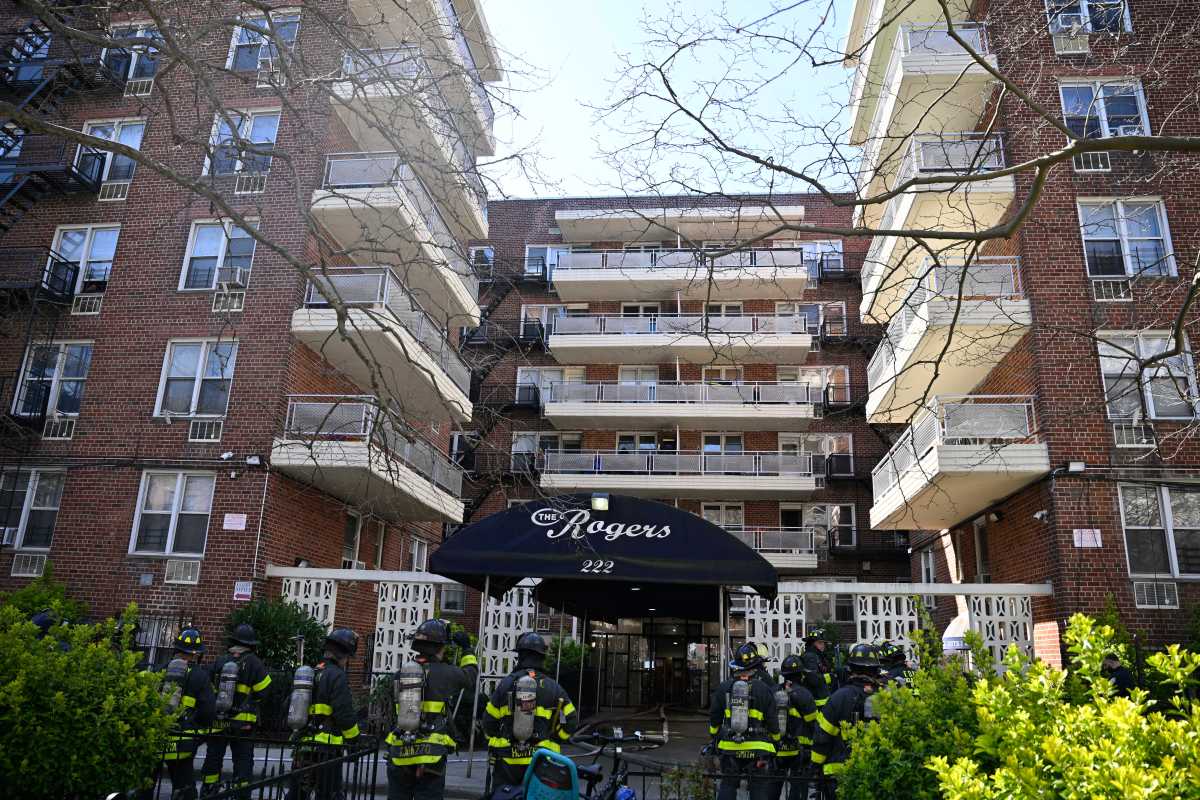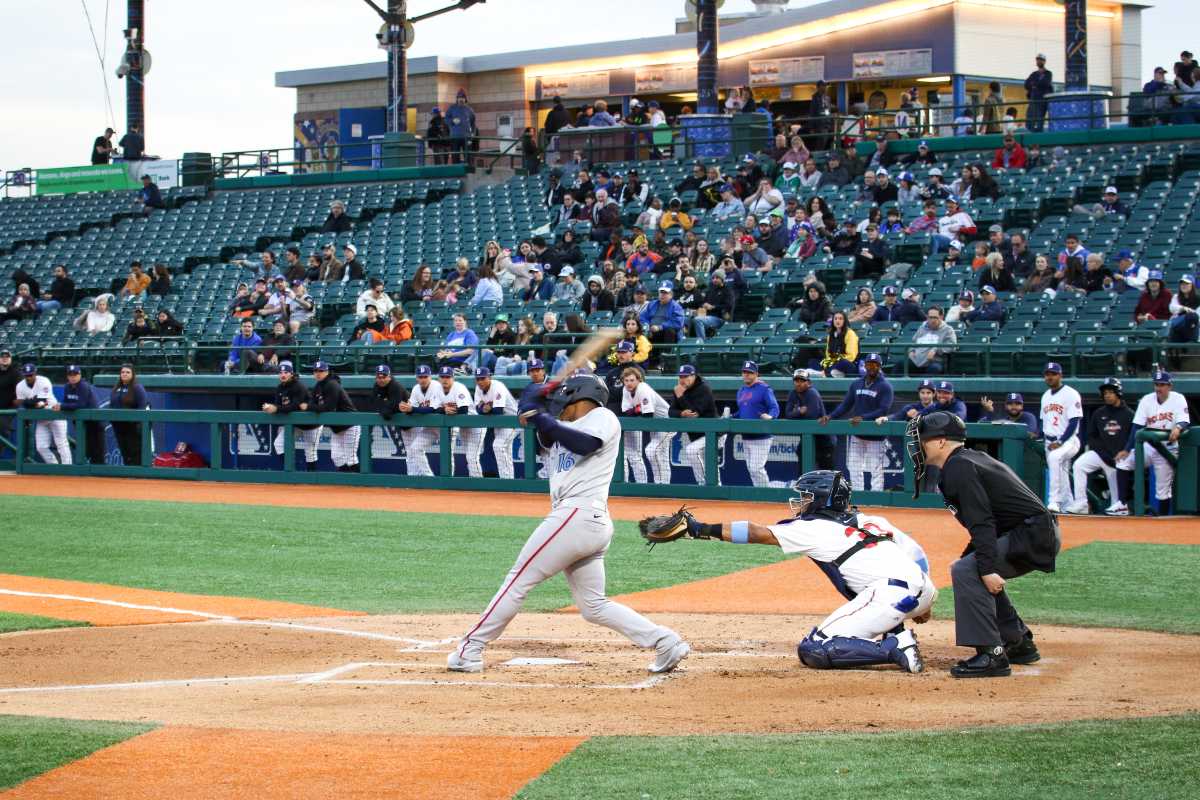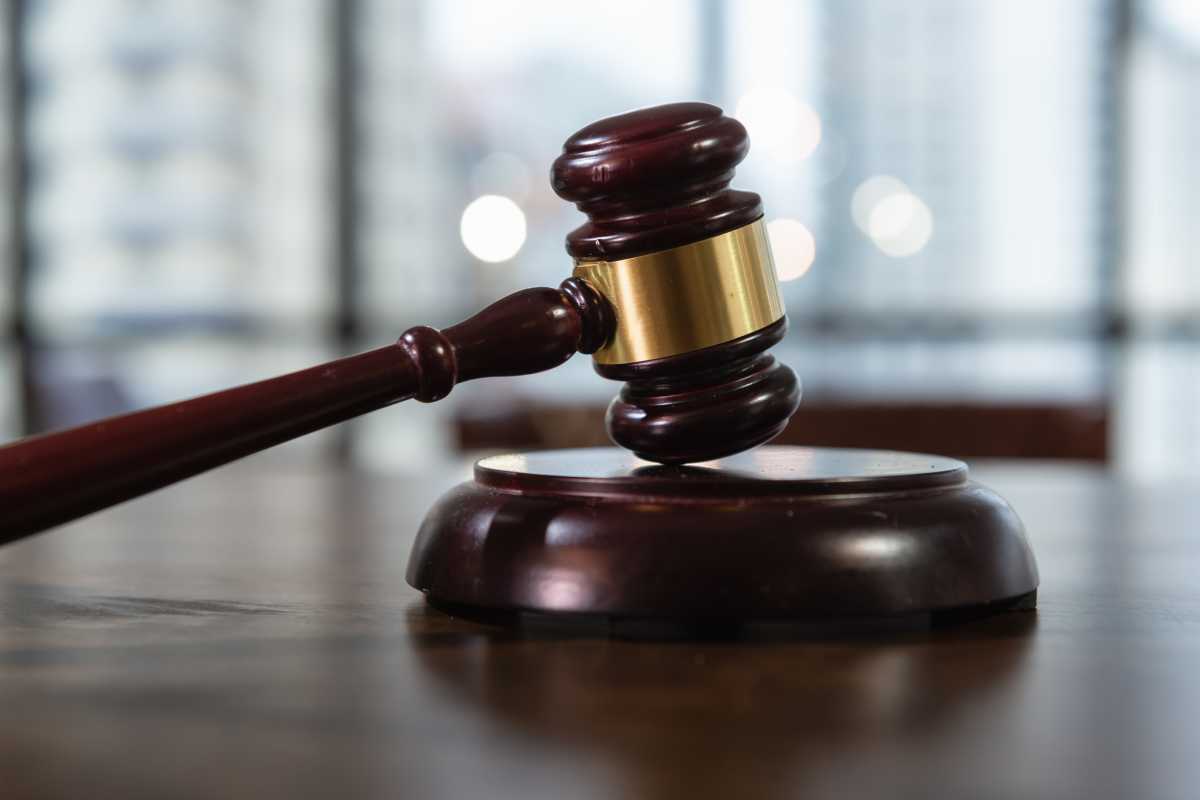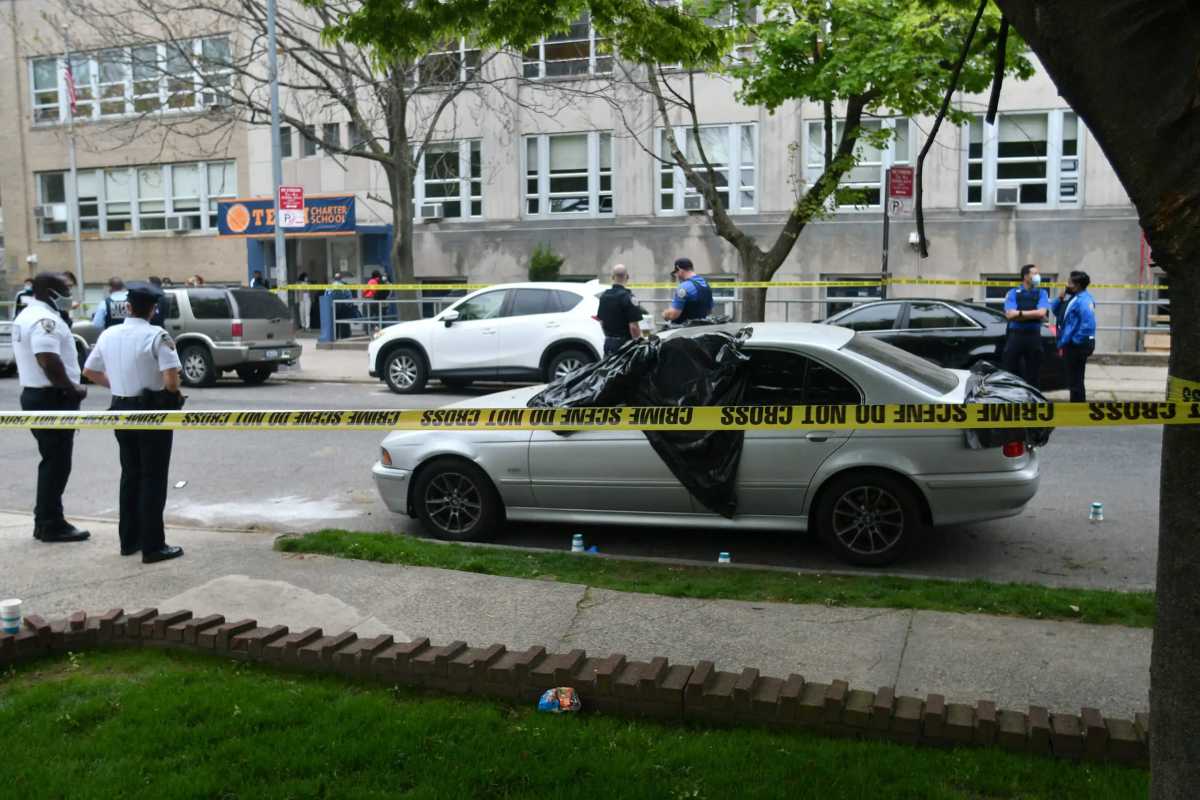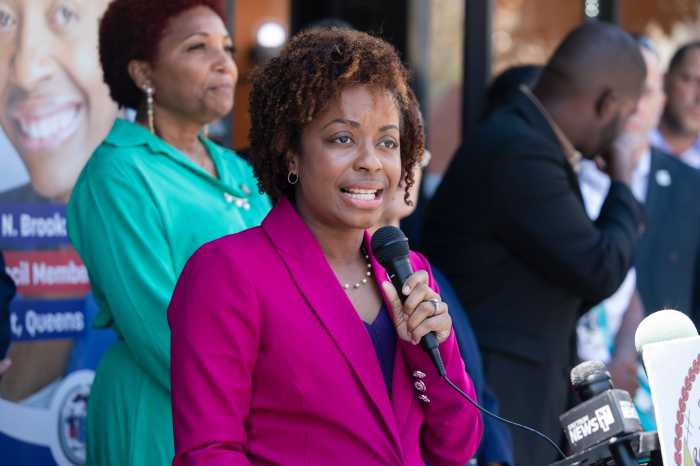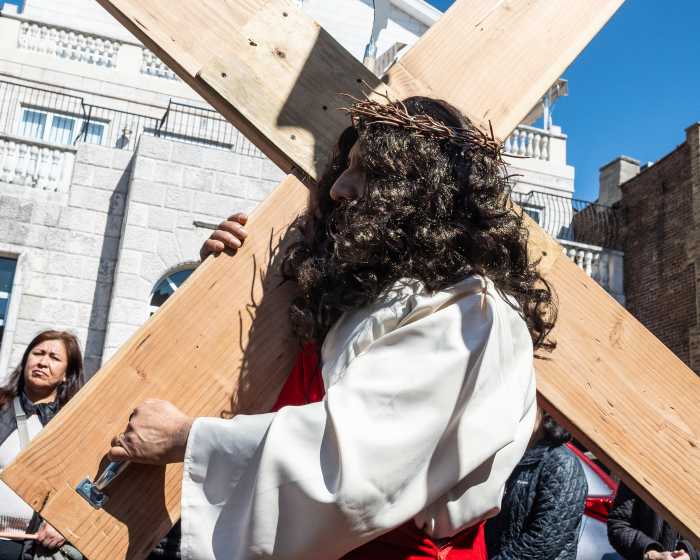Lower Manhattan City Council Member Christopher Marte (D), along with a coalition of four SoHo and NoHo community groups and some area residents, filed a motion on Wednesday to intervene in New York University’s challenge to the 2021 SoHo/NoHo Rezoning in Manhattan Supreme Court.
Attorneys Jack Lester, Lawrence K. Marks and Richard Braun filed the motion on behalf of Marte and the community groups. It came in response to a suit brought by NYU last April against the city, which challenged the constitutionality of the rezoning based on its “across-the-board” exclusion of university and college educational uses from the new mixed-use developments and seeks to overturn that provision.
Wednesday’s motion calls for continuing to exclude university uses — like dorms, classrooms and school offices — from the SoHo-NoHo rezoning, according to a release from Village Preservation, one of the community groups behind the action.
The plaintiffs — who include the groups The Coalition for Fairness in SoHo and NoHo, Bowery Alliance of Neighbors and NoHo Neighborhood Association — argue that if university uses are allowed as-of-right, without going through an environmental review, it will get in the way of building more affordable housing in the area.
“NYU has already taken over Greenwich Village through its recent expansion, and now they’re suing to add two more neighborhoods to their real estate portfolio,” the council member said in a statement.
“Allowing NYU to build in SoHo and NoHo will only confirm that any opportunity for affordable housing will be squandered by dormitories, fraternities, and big business,” he added. “This motion seeks to protect any affordable housing that we desperately need, and proves that the environmental and socioeconomic impacts of NYU’s plans alongside the SoHo-NoHo Rezoning warrant further review.”
The plaintiffs also contend that NYU could encroach on limited community space, displace residents and add traffic to the area.
“The community is seeking environmental justice by requesting the court to take into account the very real impacts that NYU’s expansion will have upon displacing neighborhood businesses, reducing affordable housing, traffic, congestion, and the historic fabric of the district.”
The motion also requests that, in the event NYU’s legal challenge is successful, the court order a supplemental environmental review for any future construction it intends to do in the rezoned area.
NYU spokesperson John Beckman told amNewYork Metro, in a statement, that the university will review the motion and figure out how to proceed. But regardless of its contents, the school stands behind its main argument that the rezoning violates the “Cornell Doctrine,” which bars blanket exclusions of educational or religious uses in an area.
“NYU will review the motion to intervene and decide on the appropriate steps in response,” Beckman said. “Regardless of this latest development, NYU remains confident of the soundness of the central argument at the core of its case – that the provisions of section 143-11(a) of the SoHo-NoHo Rezoning violate the ‘Cornell Doctrine,’ well established NYS Court of Appeals precedents, and the New York State Constitution – and the University expects to prevail in the courts.”
The rezoning, which passed the last City Council in December 2021, opened up 56 blocks that were mostly zoned for manufacturing use to residential and commercial uses. It has a goal of generating up to 3,500 new apartments, 900 of which would be subsidized for middle and low income residents through the city’s mandatory inclusionary housing program.
NYU’s isn’t the only legal challenge that’s been brought against the rezoning since it passed the council. The Coalition for Fairness in SoHo and NoHo — represented by Lester — filed its own suit against the rezoning last February, arguing that a different part of the land use decision was unconstitutional. They allege it’ll generate fewer units of affordable housing than the city forecasted and that carve-outs it gives developers will let them tear-down low-rise historic buildings and throw up luxury condominiums that won’t contain affordable housing.
According to Lester, a hearing for that suit will take place in New York County Supreme Court next Tuesday, Jan. 31.
Lester said that the multiple suits against the rezoning, albeit from different angles, at the same time, only provides more credibility to the argument that it’s unconstitutional.
“The fact that the law is under constitutional attack from both the educational institution and the community undermines the credibility of the law itself — that it was ill-conceived, ill-devised and not properly supported constitutionally,” Lester said. “If you have the two major sectors of the SoHo-No-Ho community challenging the same law, I’d say there’s a problem with the law.”
